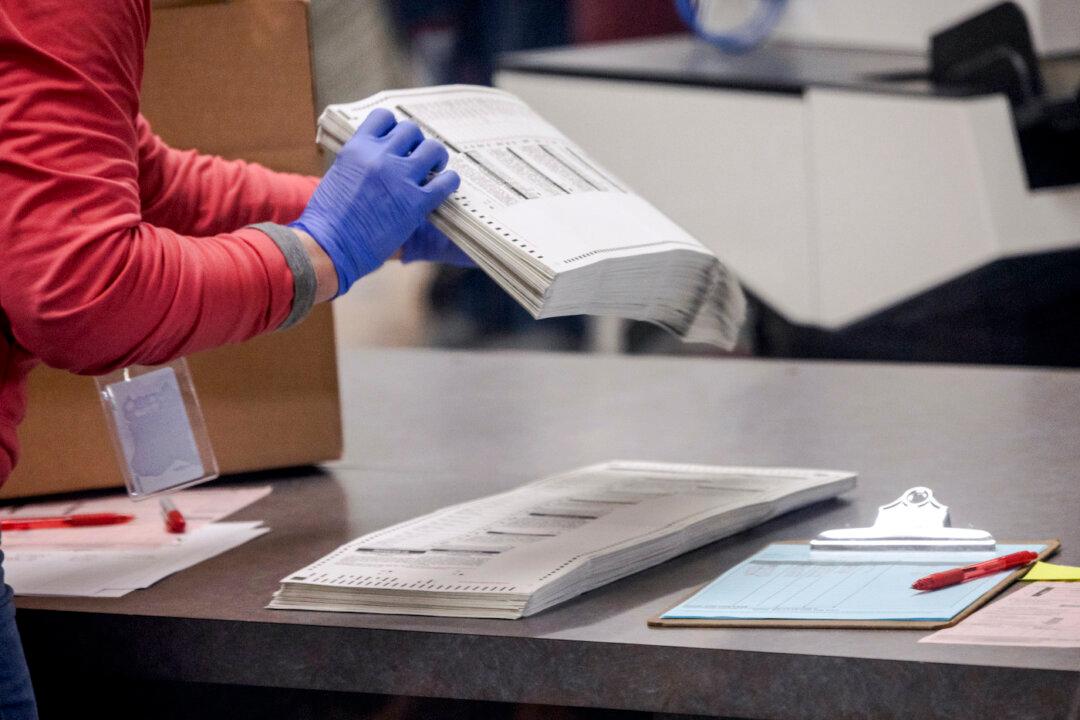A federal appeals court on Sept. 20 reinstated two provisions of a law pertaining to elections in Arizona that a lower court had blocked.
The U.S. Court of Appeals for the Ninth Circuit panel reinstated the law enabling county recorders to cancel a voter’s registration if the county learns that the voter has registered to vote in another county. The duplicate registration must be confirmed with the other county, per the statute.





